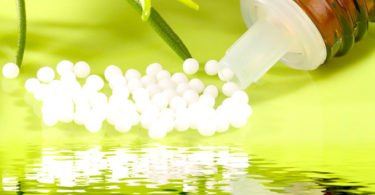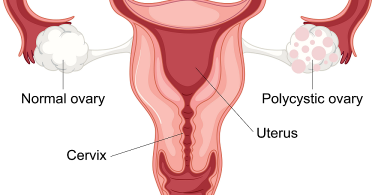As we all know in our society most naivety personality is CHILDREN. There are certain children remedies available in our Materia Medica. Children in stage of infants cant not able to talk or to say something. They only express their words by such a signs. Among that signs I would like to share something about CRIES OF CHILDREN.
Homoeopathic Materia Medica provide me the source and scope as well to understand cries of remedies. Certain very indicative CRIES describe below.
1 ) Remember, three useful remedies in crying infants
– Belladonna
– Chamomilla
– Stramonium
All of them have ‘pain’ and ‘anger’ cry. The cry is loud, irritating and characterized by prolonged expiratory breath followed immediately by an exasperated wail. Breath holding spasms are common with these remedies.
2 ) Calcarea carb cries like
infants are obstinate and cry especially when tired. Instead of falling asleep, they whine and cry and cannot be calmed down. As if mired in obstinacy, they force themselves to stay awake even if the urge to sleep is over-whelming. Security is the base and they cry out of fears. Night terrors with screaming are common.
3 ) Lycopodium cries like
baby frowns and screams at the slightest provocation. The crying has a demanding tone to it. They cry when hungry or tired, upon awakening, during colic and during any acute illness. They may cry everytime the lights are turned off or when they are left alone in bed. Nasal obstruction and GIT complaints are the chief causes of cry.
4 ) Medorrhinum cries like
child cries always or all day, and is quiet all night (Lycopodium, opposite Jalapa). They cry from excoriation of the anus or from diarrhoea. Another common cause is being left alone in the dark. Other causes are, fear of animals, of closed places, loud noise and water. A Medorrhinum child is hot and doesn’t like covering, it cries when forced to wear clothes.
5 ) Natrium mur cries like
infants, very often, do not cry after birth. These children are sensitive, demanding and if parents are harsh with them, it may bring on torrents of tears. Cry even if looked at. It is easy to remember the Nat-mur child by his reaction. If they are not carried or attended in time, they don’t respond due to reinforcement of resentment. They cry easily from anger, from being held up and there may be alternating laughing. Natrium mur. infants and toddlers are reserved. They cry and talk very little. Cry is more of a whining and sobbing type and give an impression of a demanding, helpless and hurt child.
6 ) Phosphorus cries like
infants are very sensitive and their cry is apprehensive. Any small trifling matter may cause a change in mood and they start crying. Common causes of crying are tiredness, fear, punished or hit by someone, left alone and when anger of others is directed towards them. They need affection and can cry easily and openly in front of others. However, unlike Natrium mur, Phosphorus children recover more quickly.
7 ) Sulphur cries like
child cries when the mother wishes to change his clothes, to wipe his nose, to undress him, to bathe or when looked at or when carried.
8 ) Tubercullinum cries like
Irascible and headstrong Tuberculinum children cry easily and loudly and cannot be calmed down easily. Dentition, diarrhoea, anal redness and stuffy nose cause repeated crying spells.
9 ) Syphilinum cries like
child cries all the time, especially during the night. It is a problem child, difficult to pacify. The child can cry for hours together. The cry is quite irritating and the family history of the child may be associated with syphilis.
I hope this content will helpful to all of you.
Thank you homeopathy360.com for giving me such a opportunity to share my view on this kind of topics.
Specially thanks to team RHMC for providing this kind of eyes for keen observation by such a method of teaching.
THANK YOU ALL…….
HAVE A GOOD DAY………





